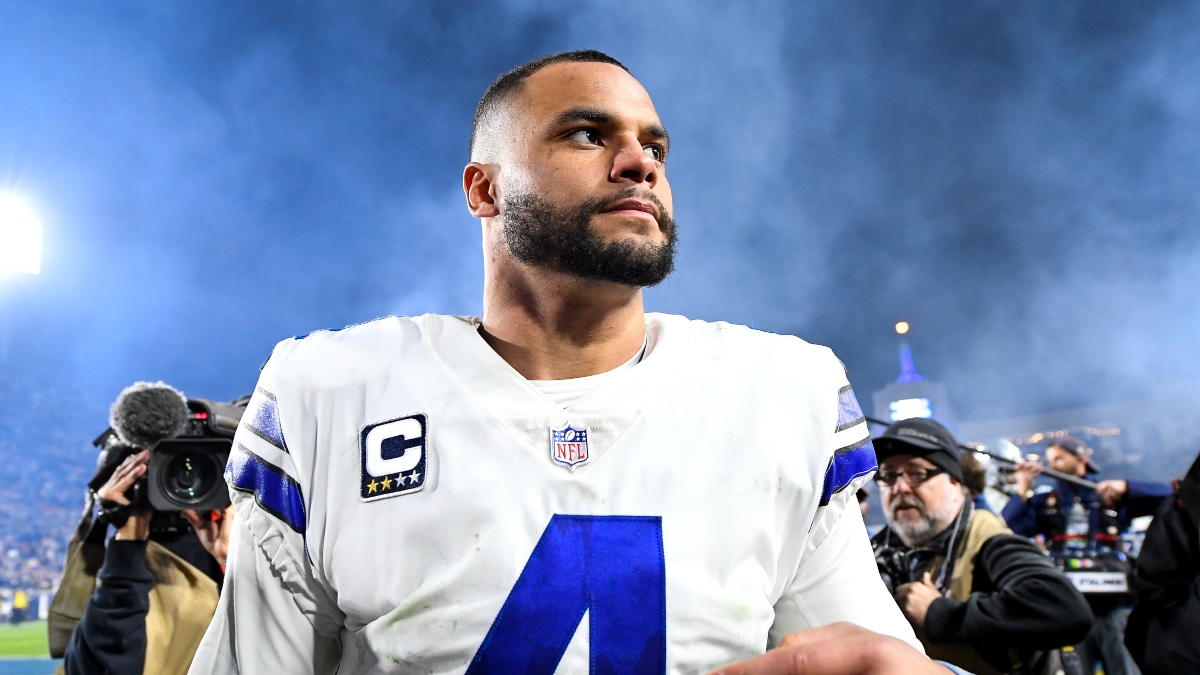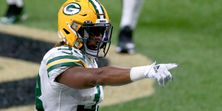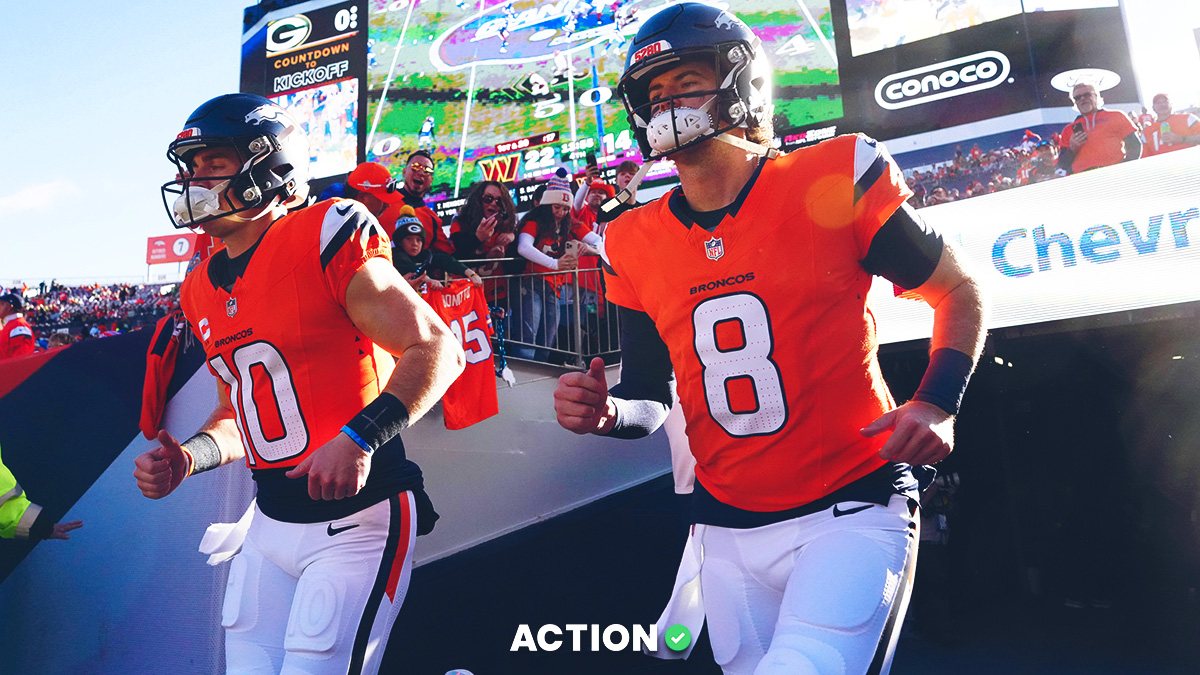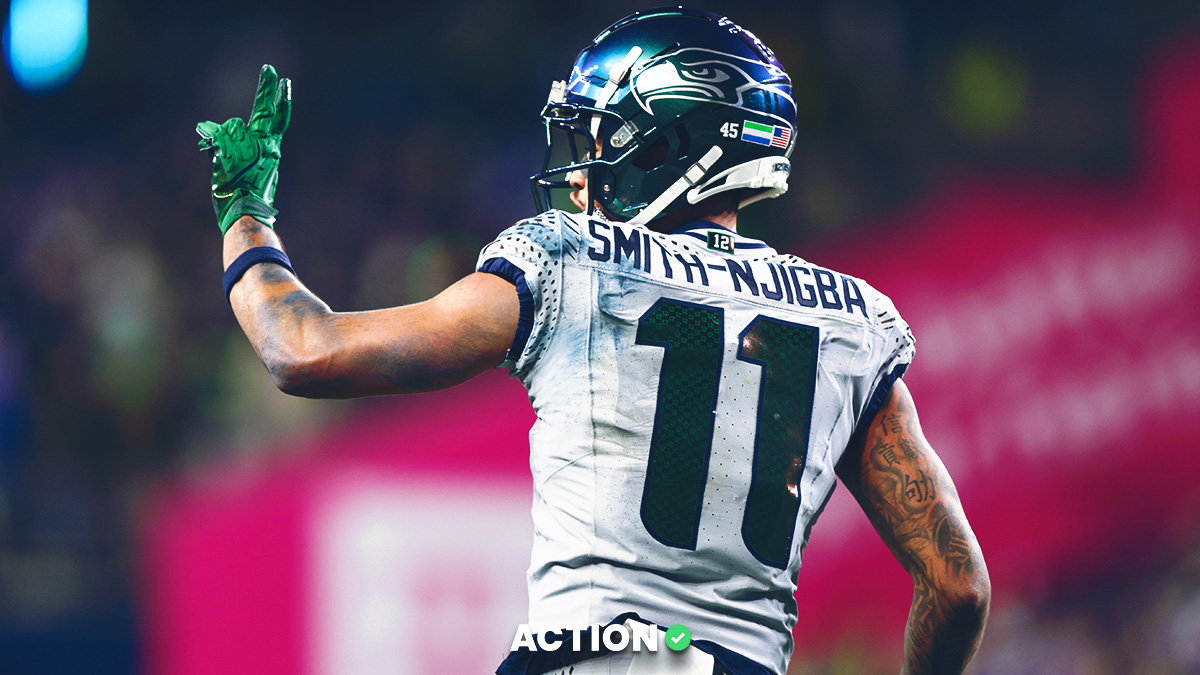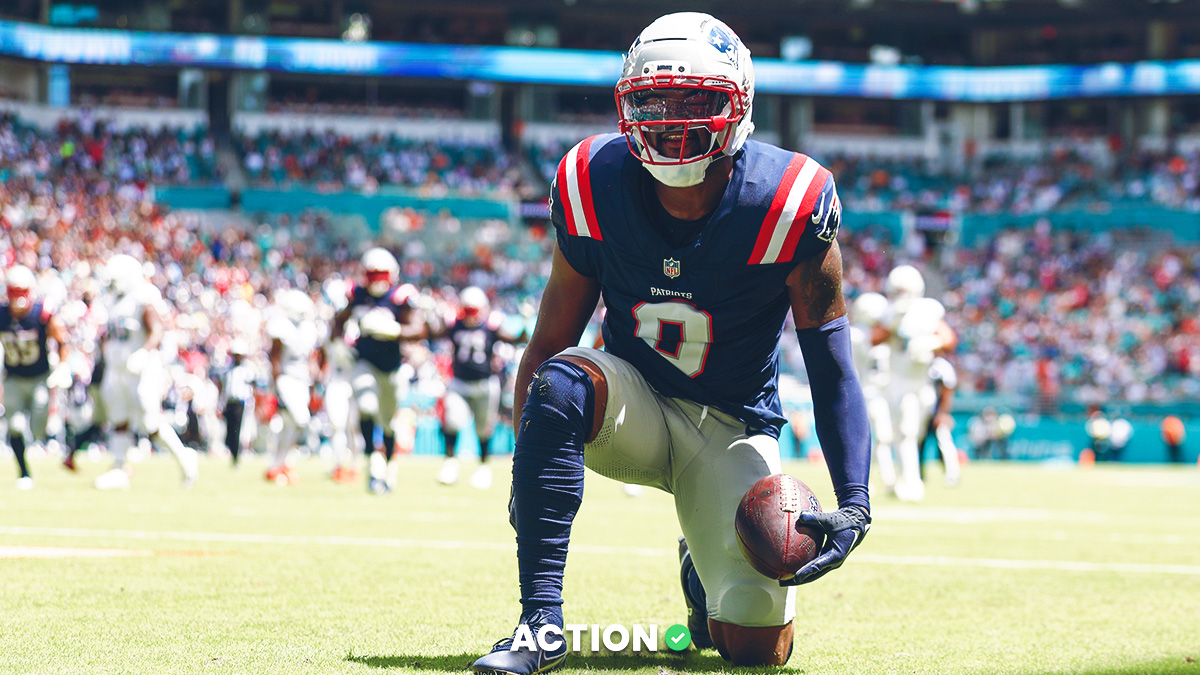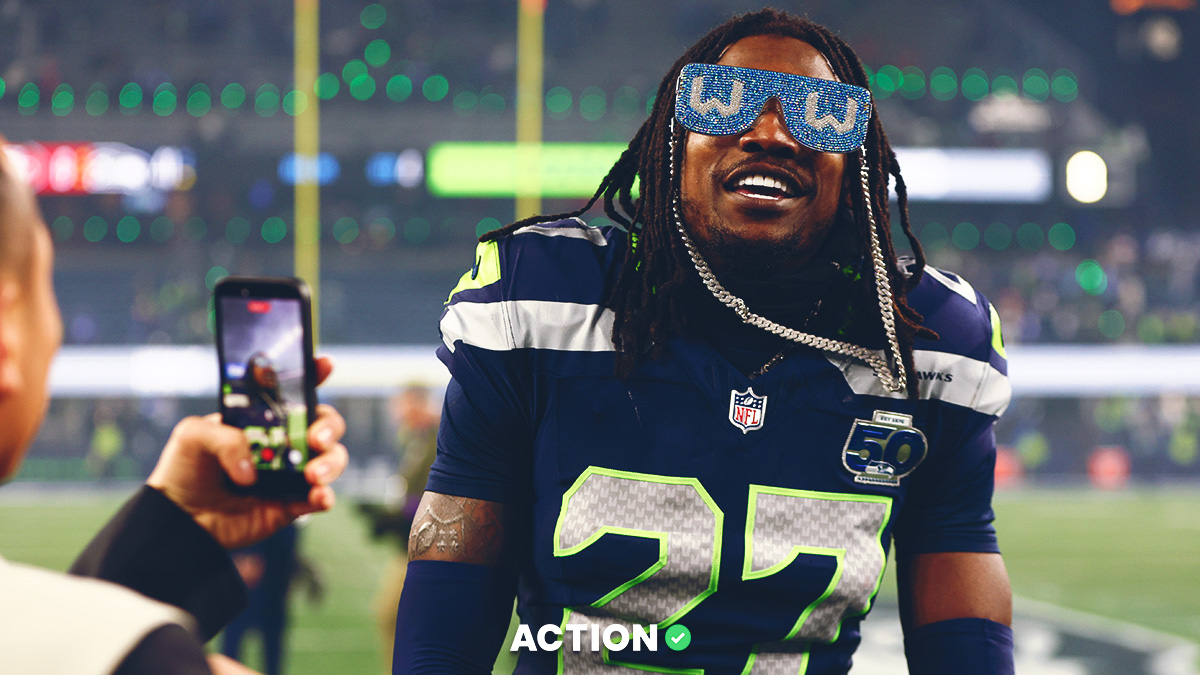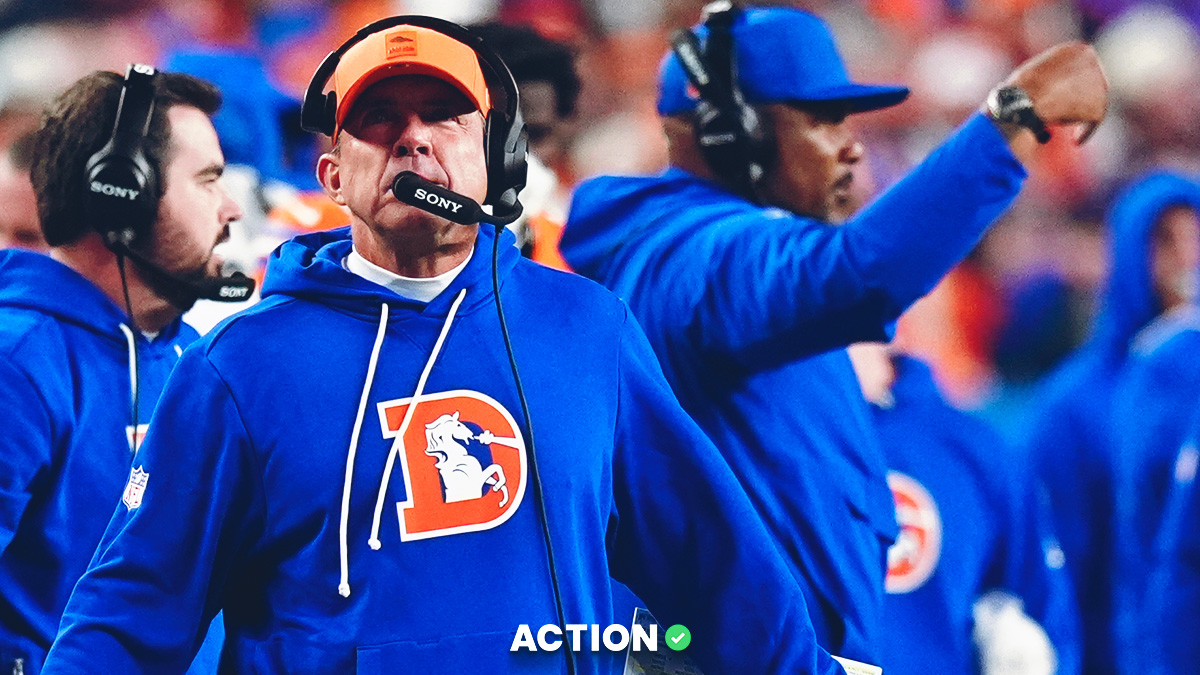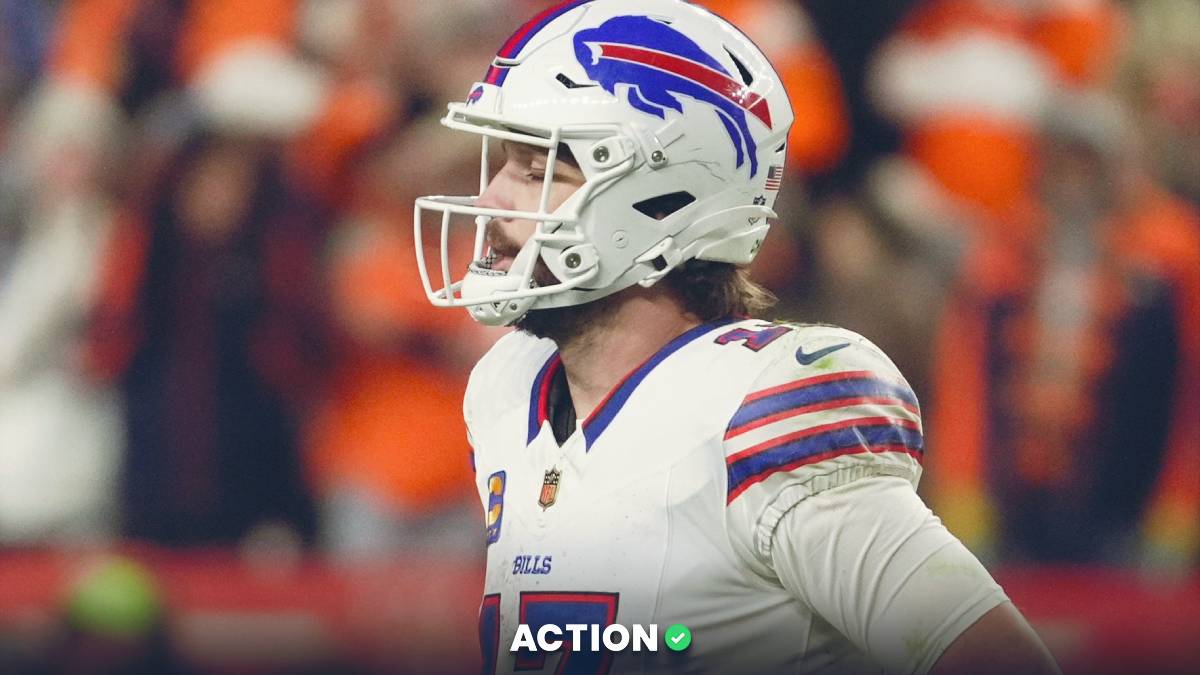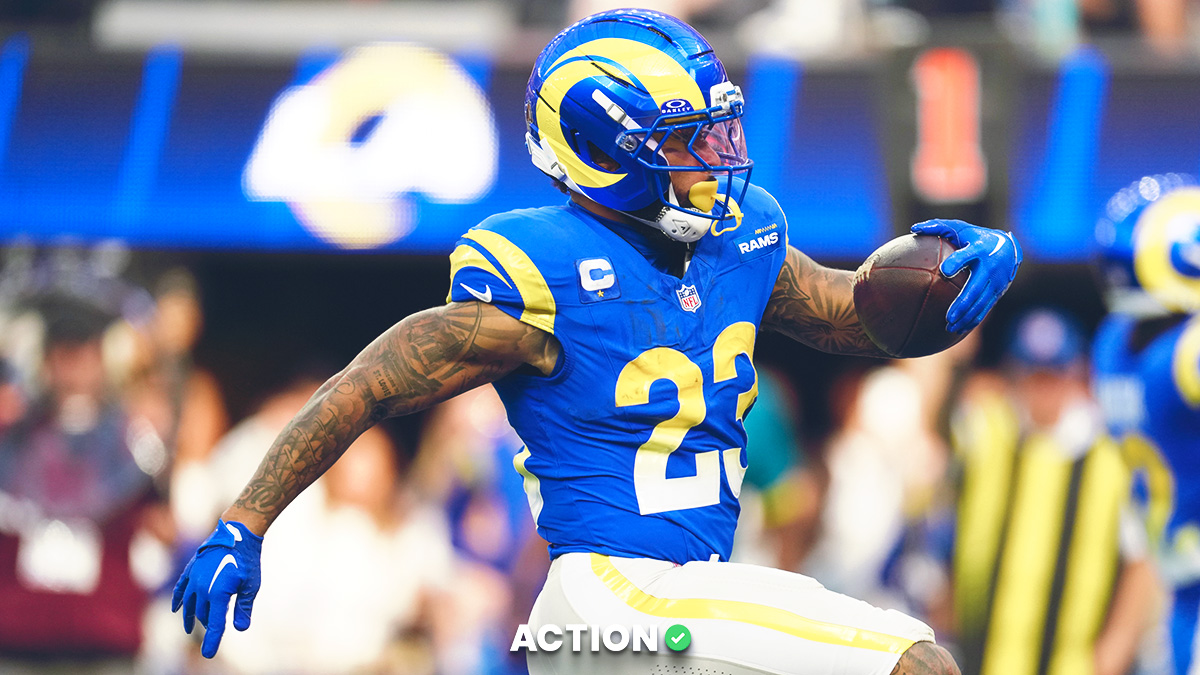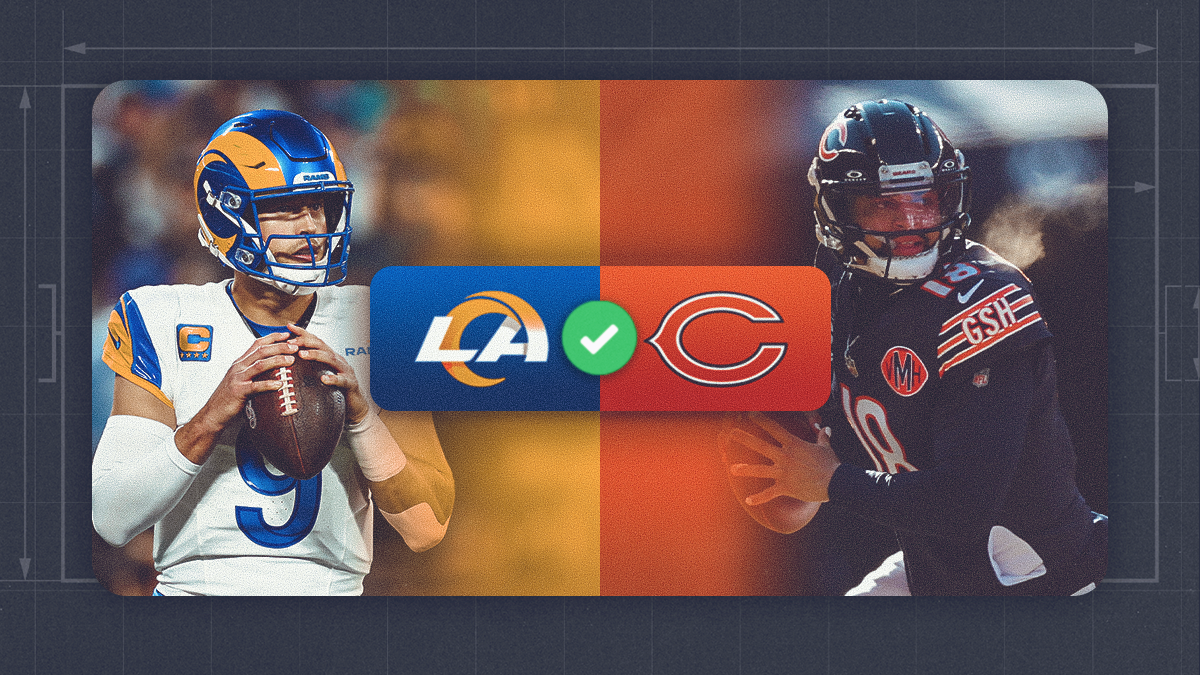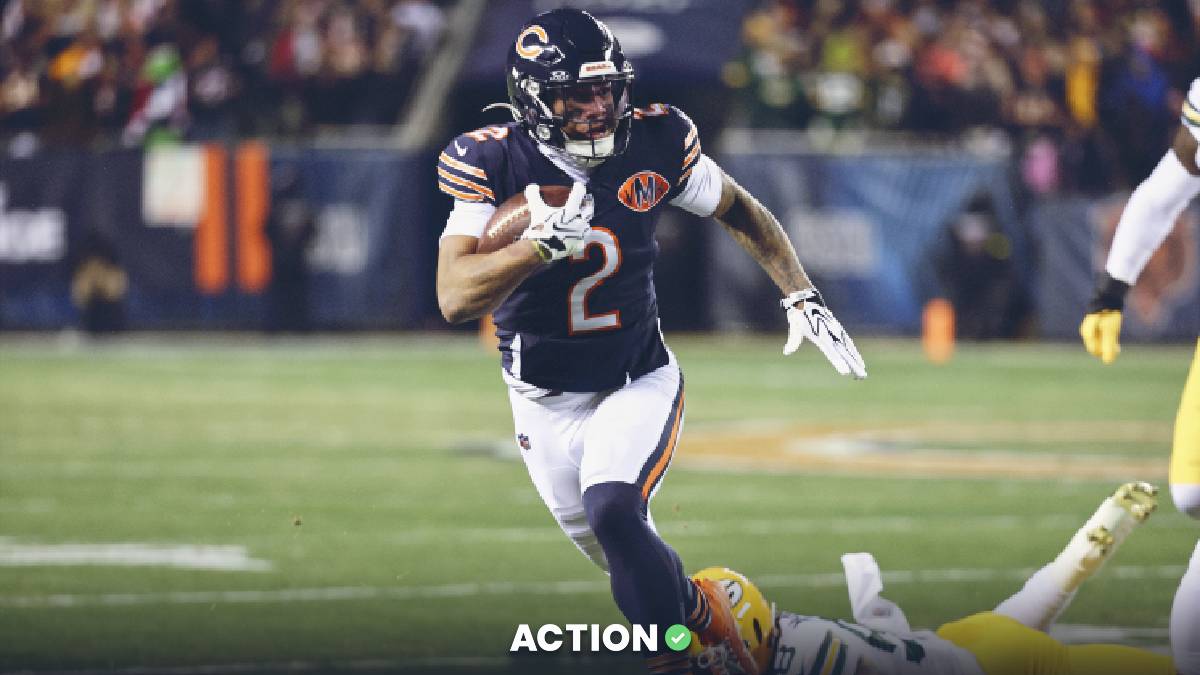- Heading into Week 4, Jerry Jones made comments about Dak Prescott that seemed to question the quarterback's clutch playmaking ability.
- Then on Sunday, Prescott and the Cowboys fell short of completing a fourth-quarter comeback after falling behind 41-14, ultimately losing to the Browns.
- How much is the Dallas defense to blame for the critiques of Dak? Was Jones onto something? Senior NFL analyst Chris Raybon takes a closer look at the numbers.
Dak Prescott threw for 502 yards and four touchdowns on Sunday against the Browns — his third straight game with at least 450 passing yards.
The Cowboys are now 1-2 in those games.
Over that stretch, the Dallas defense has been lit up for point totals of 39, 38 and 49, and is allowing 36.5 points per game on the season. That's not going to get it done. But fairly or not, the conversation entering Week 4 centered around whether Prescott could get it done — not the defense.
After Prescott threw a game-ending pick in Week 3, team owner Jerry Jones made the following comments on Dallas' 105.3 The Fan comparing Prescott's playmaking ability to that of Russell Wilson, Patrick Mahomes and Tony Romo:
The comments were … strange. But were they an awkwardly-phrased compliment, or was Jones questioning whether Prescott’s clutch playmaking ability will ever reach the level of Mahomes and Wilson? Or should the question actually be, "What if Prescott had a defense?"
Let’s start with the latter question.
While we’ll never know exactly how the Cowboys' losses to the Seahawks and Browns would have turned out had the Dallas defense been able to get more stops, we do have a pretty large sample size of Prescott playing with a decent defense because he's had one for his entire career … until now:
- 2019: 20.1 point per game allowed (11th)
- 2018: 20.3 points per game allowed (sixth)
- 2017: 20.8 points per game allowed (13th)
- 2016: 19.1 points per game allowed (fifth)
Now here’s how Prescott-led teams have performed relative to those led by Mahomes, Wilson and Romo in terms of points scored and point differential over the course of their respective careers:
- Mahomes: +9.56 (31.88 PF, 22.32 PA)
- Wilson: +6.47 (25.27 PF, 18.79 PA)
- Prescott: +4.19 (24.24 PF, 20.05 PA)
- Romo: +3.80 (25.86 PF, 21.86 PA)
Point differential is by no means solely a quarterback-driven stat, but it does give an accurate depiction of a quarterback’s skill level to a certain extent, because defenses don't give up points all at once — the quarterback almost always gets the chance to answer, and it's their job to create and maintain distance on the scoreboard. Put another way: If the Cowboys weren't giving up 36.5 points per game, Prescott wouldn't need to throw for 400-plus yards.
Over the course of his career, Prescott has been strong in this respect — and better than Romo — but certainly not at the elite level of Mahomes and Wilson.
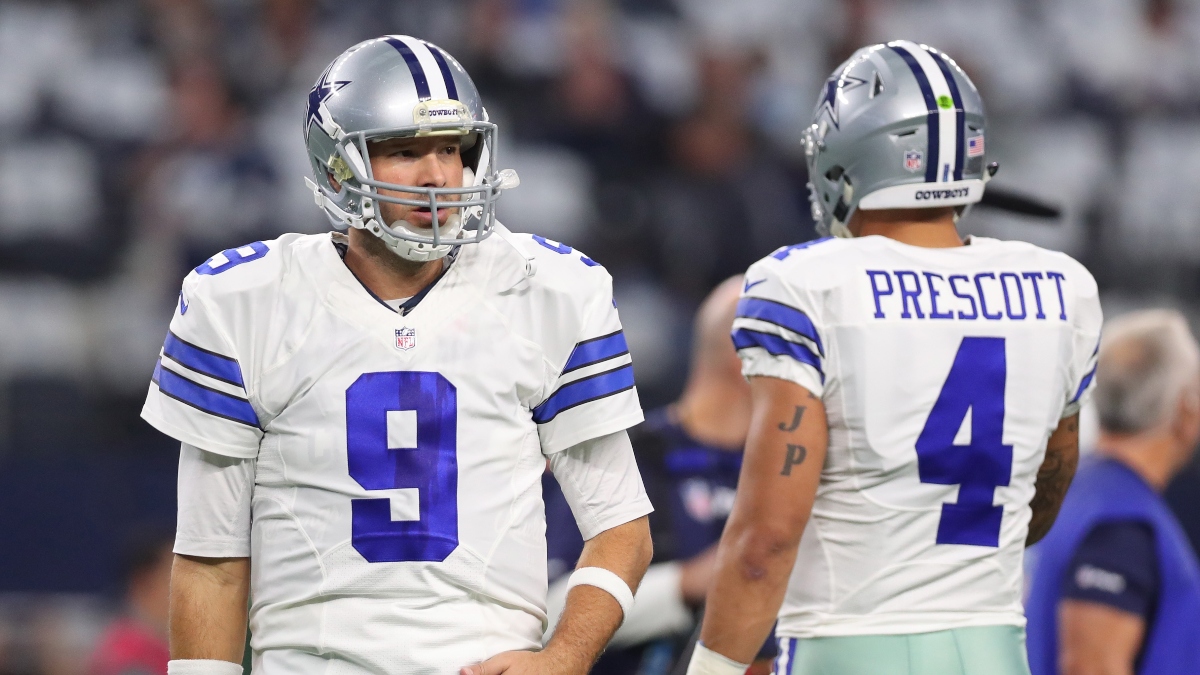
Last season, though, Prescott made strides. He led the offense to a career-high 27.12 points per game and a +7.06 point differential. Interestingly enough, though, it was the worst season of his career in terms of wins and losses — the Cowboys posted an 8-8 record despite their point differential implying the quality of a 10.7-win team, largely thanks to a 1-6 record in one-score games.
Those types of trends tend to even out — the Cowboys had previously outperformed their Pythagorean win total in each of Prescott's first three seasons — but Dallas has been stuck in a good-but-not-great purgatory for Prescott's entire career despite a decent defense.
So, what gives?
Former head coach Jason Garrett is an easy target, and he almost certainly had something to do with it. But if Jones did mean to take a subtle jab at Prescott as a thrower late in games, Jones may have been onto something.
First, we have to establish our working definition of clutch.
To get a true sense of it, you can forget the traditional "fourth-quarter comeback" or "game-winning drive" metrics, which are far too liberal and credit a quarterback for scores anytime in the fourth quarter. You can also forget "one-score game" totals, which can be diluted because an offense will operate far differently if playing for a field goal rather than a touchdown.
A true "clutch" situation should be viewed as when a team is down 4-8 points late in a game, when they need a touchdown.
Here's how Prescott has done as a passer when down 4-8 points in the final four minutes of games compared to the NFL average since he entered the league in 2016:
- Passer rating: Prescott 70.6 vs. NFL avg 76.5
- Yards per attempt: Prescott 5.9 vs. NFL avg 6.7
- Touchdown rate: Prescott 2.8% vs. NFL avg 4.6%
- Interception rate: Prescott 2.8% vs. NFL avg 3.7%
- Sack rate: Prescott: 7.7% vs. NFL avg 5.3%
That is… not good.
At a point in games when aggressiveness is more acceptable, the only thing Prescott does at an above-average rate is avoid interceptions (well, until the Seattle game). There's something to be said for living to play another down, but Prescott hasn't been able to translate his dropbacks into yards or touchdowns in the clutch at even the rate of a league-average passer.
Now, obviously anytime we filter down to specific situations like this one, we have to consider the small sample size — Prescott has only 78 career dropbacks in these situations — but you couldn't blame Jones if he looks fondly on the days of Romo, who has a decisive edge over Prescott across the board in the clutch:
- Passer rating: Romo 95.3 vs. Prescott 70.6
- Yards per attempt: Romo 7.3 vs. Prescott 5.9
- Touchdown rate: Romo 5.8% vs. Prescott 2.8%
- Interception rate: Romo 2.2% vs. Prescott 2.8%
- Sack rate: Romo 2.1% vs. Prescott 7.7%
As for Mahomes, his clutch numbers are on a whole other stratosphere…
- Passer rating: Mahomes 122.6 vs. Prescott 70.6
- Yards per attempt: Mahomes 8.9 vs. Prescott 5.9
- Touchdown rate: Mahomes 8.8% vs. Prescott 2.8%
- Interception rate: Mahomes 0.0% vs. Prescott 2.8%
- Sack rate: Mahomes 1.7% vs. Prescott 7.7%
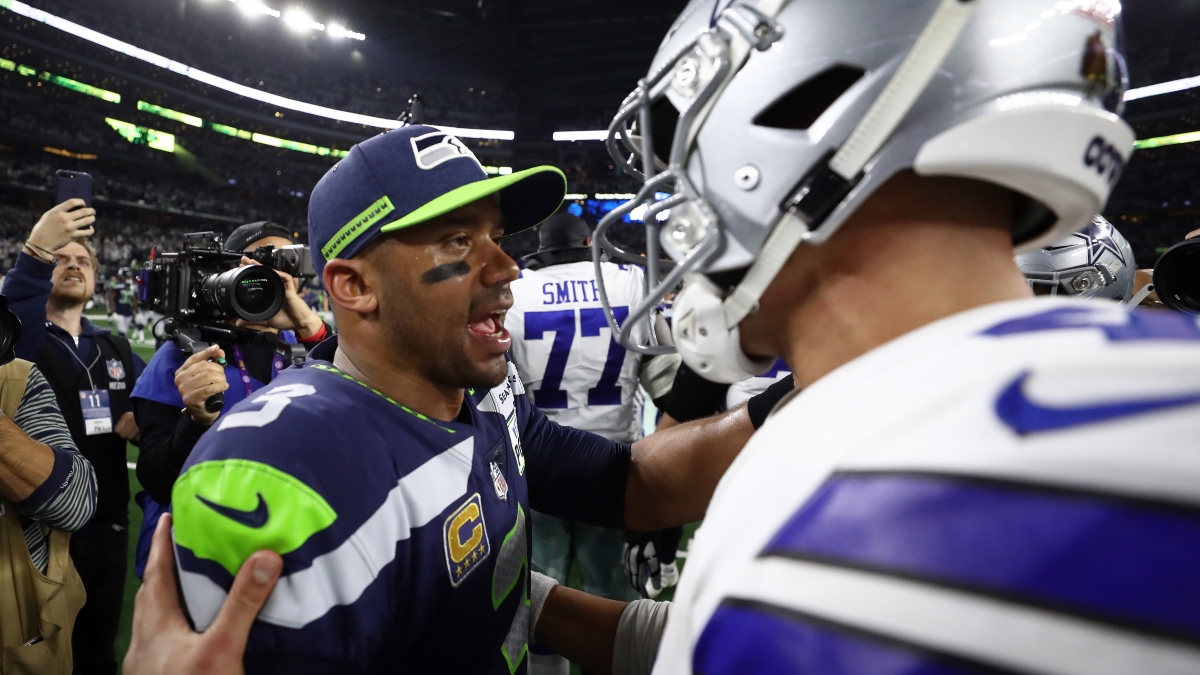
…but it's a bit closer between Prescott and Wilson:
- Passer rating: Wilson 76.4 vs. Prescott 70.6
- Yards per attempt: Wilson 6.3 vs. Prescott 5.9
- Touchdown rate: Wilson 6.6% vs. Prescott 2.8%
- Interception rate: Wilson 3.6% vs. Prescott 2.8%
- Sack rate: Wilson 5.4% vs. Prescott 7.7%
Still, while a team like the Seahawks inexplicably wins games, the Cowboys inexplicably lose them. There's hope for Prescott yet, as the first four years of Wilson's career saw him post a 57.3 passer rating on 77 clutch dropbacks from 2012-15, only to shoot up to 98.1 on 65 clutch dropbacks since 2016.
But if Jones' comments were meant to be taken critically and he was really trying to say that for all of Prescott's mobility, the quarterback hasn't been able to make plays as a passer, they appear to hold true: Prescott has run seven times for 56 yards and two touchdowns in clutch situations, but those runs account for only 8.2% of his total clutch plays.
So far this season, the Cowboys have lost games by scores of 49-38 and 38-31, but they also lost 20-17. Last season, they averaged the most yards per play, had a top-six point differential and won eight games. Garrett has since clapped his way out of Dallas, but the Cowboys are 1-3 to start the 2020 season.
So while we know Prescott can move the offense, can he move the needle? Only time will tell.


